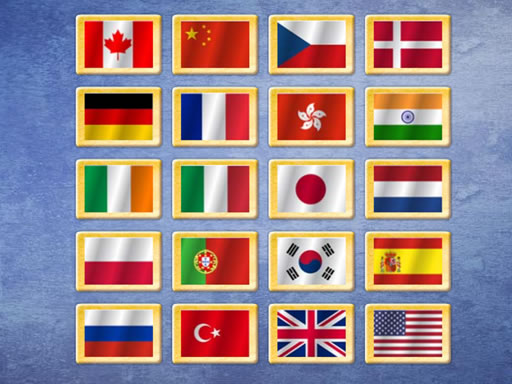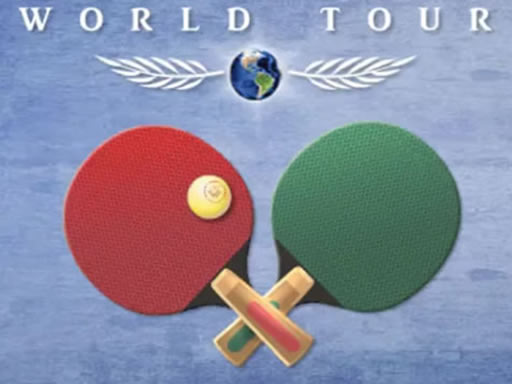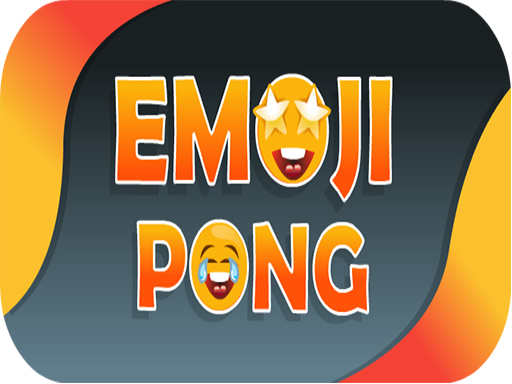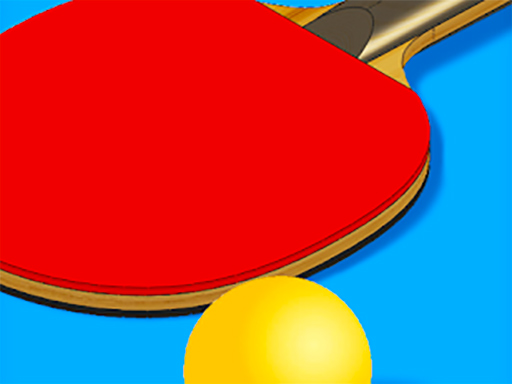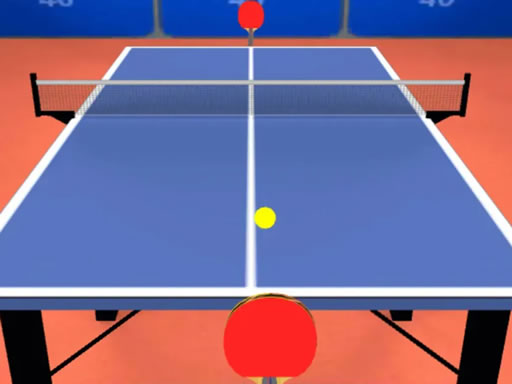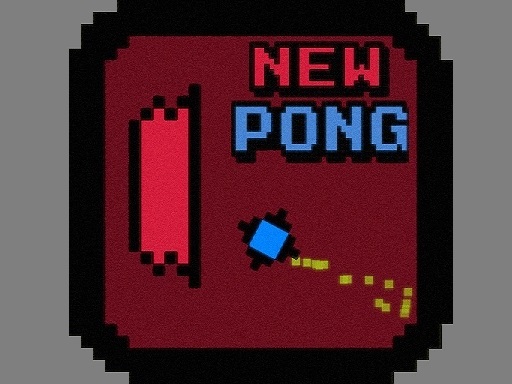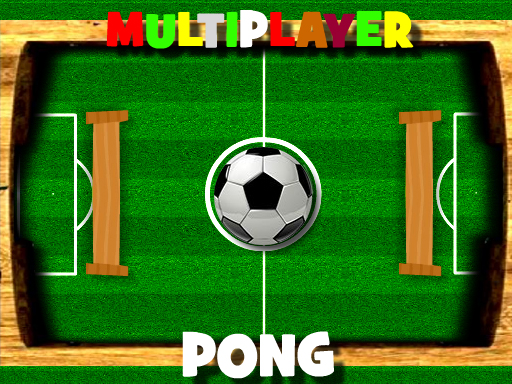The name "ping pong" is onomatopoeic, imitating the sounds made during the game. Here's a more detailed explanation:
Origins of the Name
- Sound Imitation
- When playing table tennis, the ball makes a “ping” sound when it hits the paddle and a “pong” sound when it bounces off the table. These distinct sounds are the basis for the name “ping pong”. This onomatopoeic term vividly captures the auditory experience of the game, making it easy to remember and fun to say.
- Early Popularization
- The term was first popularized in the late 19th century in England. The game, which was initially a parlor game, was played with improvised equipment like cigar box lids as paddles and champagne corks as balls. The simple, catchy name “ping pong” likely contributed to its rapid spread among the public.
- In 1901, the British company J. Jaques & Son trademarked the name “Ping - Pong”. They mass - produced the game with standardized equipment, further promoting the use of the name. However, the trademark was eventually lost, and “ping pong” became a common, generic term for the sport.
Distinction from “Table Tennis”
- “Table tennis” is the more formal, official name recognized by international sports organizations like the International Table Tennis Federation (ITTF). While “ping pong” is widely used in casual conversations, especially in English - speaking countries, “table tennis” is used in the context of official tournaments, rule - making, and serious sports discussions. Despite the name difference, both terms refer to the same sport.
- For those who wish to play ping pong, check out this free Ping Pong game https://pingponggame.org that is simple and fun.
